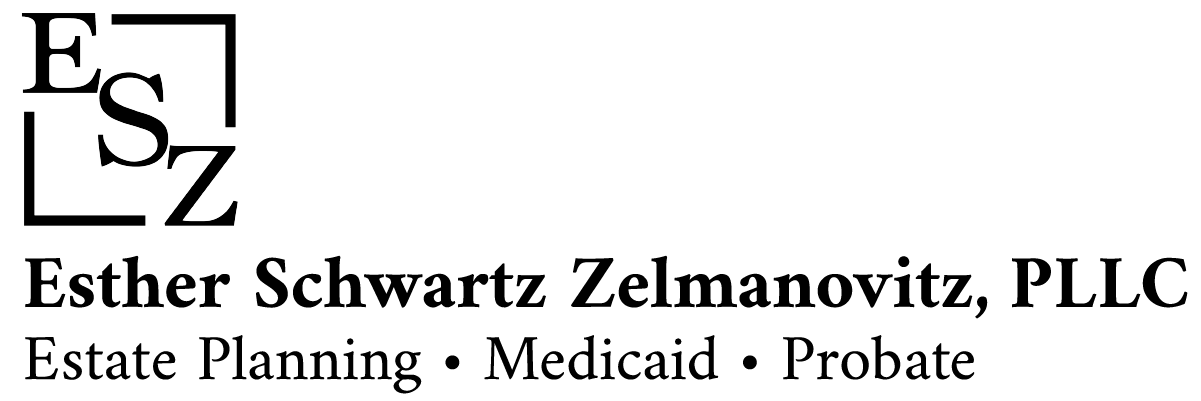Some people add another family member or close friend to their safe deposit box believing that it will make it easier for the surviving owner to access and take full ownership of the box after their death. However, safe deposit boxes with joint ownership can get tricky once a death occurs. Unlike with joint bank accounts, safe deposit boxes do not have “rights of survivorship.” So what does this mean when one co-owner dies?
No Automatic Transfer to Survivor
With a joint bank account, the surviving co-owner automatically inherits the funds. But this is not the case for safe deposit boxes rented by two people. According to federal law, the rental contract terminates upon an owner’s death. Access and ownership rights must now go through probate court.
The Estate Controls the Asset
Without a right of survivorship set up, the deceased owner’s share belongs to their estate. As with any asset like money or property, it must get distributed through the probate process as stated in their will or by state law. The surviving co-owner no longer has authority to access or manage assets in the box. Further, without proof of who has ownership of each asset in the box, an unintended consequence can be assets of the surviving owner being claimed by the estate of the deceased owner.
The Bank’s Protocol
Once the bank receives notice of a death, the bank will likely freeze access to the safe deposit box, even if there is a surviving joint owner. This kicks off the protocol to determine proper ownership and distribution of contents. The bank will schedule a time for their employee to take an inventory of the safe deposit box with a representative from the deceased owner’s estate and/or the surviving joint owner of the box. The bank will only release contents from the safe deposit box to authorized representatives of the deceased owner’s estate as verified through court documents and will typically not release any contents to a joint owner, without the court proceeding. Typically, they require official paperwork like letters testamentary issued by the local probate court to the executor. In New York, like most states, banks have custody of safe deposit box assets after an owner dies until legal next steps by the estate are completed. Following protocol protects both the beneficiaries’ rights and limits bank liability in estate disputes.
Avoid Headaches with Proper Set-Up
As you can see, this default process creates hassles that proper planning could avoid. Make sure all parties know what’s at stake – the value of contents can disappear into legal entanglements. If you own a safe deposit box, make sure you understand what your loved ones will have to do to gain access to the box upon your death, and who will be deemed the legal owner of what is in the box after your lifetime. You want to ensure that there will be no unintended consequences.
Consult an estate planning attorney to ensure smooth succession of all financial accounts and valuables.
Call us today (516) 487-5400. We are happy to help you.
